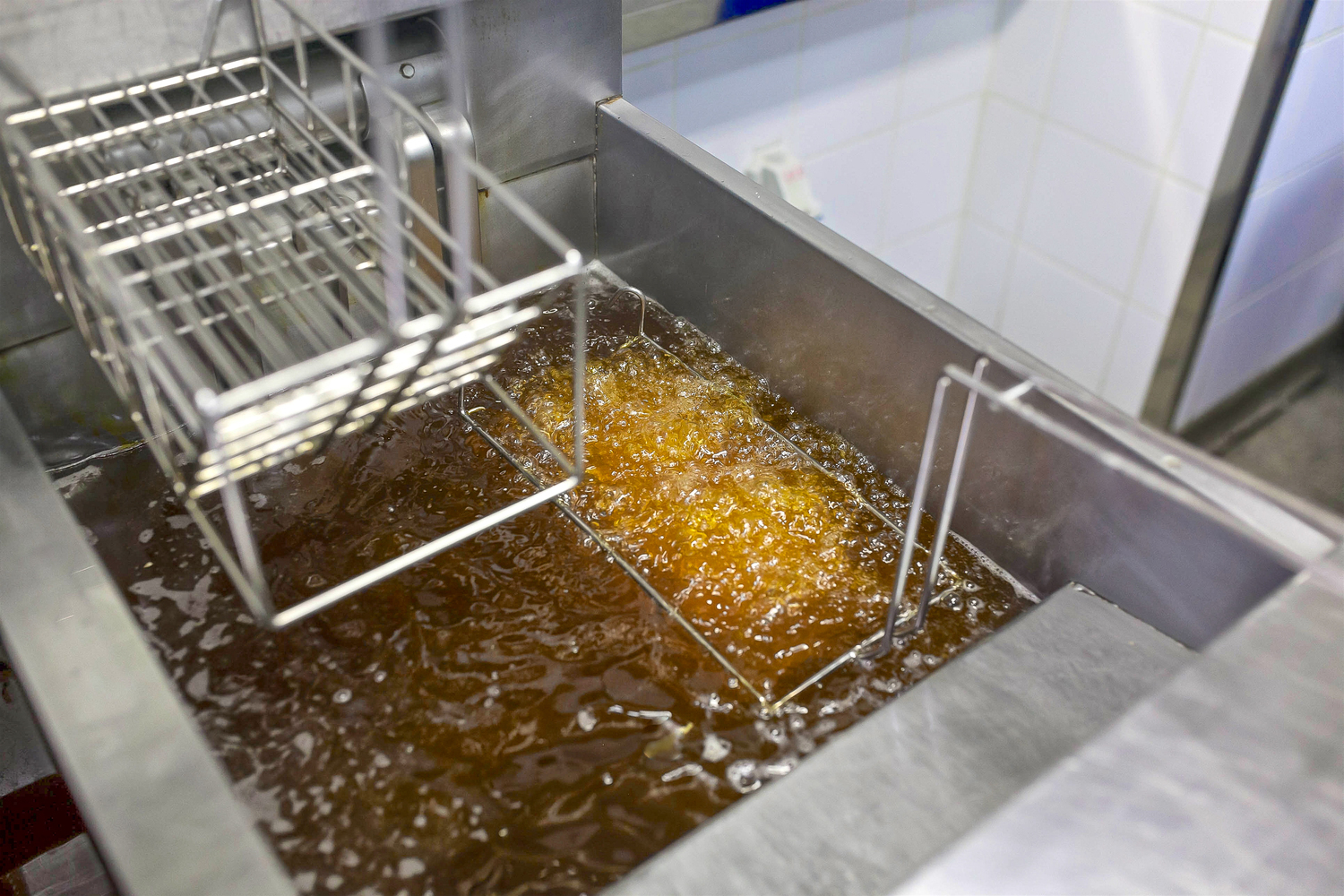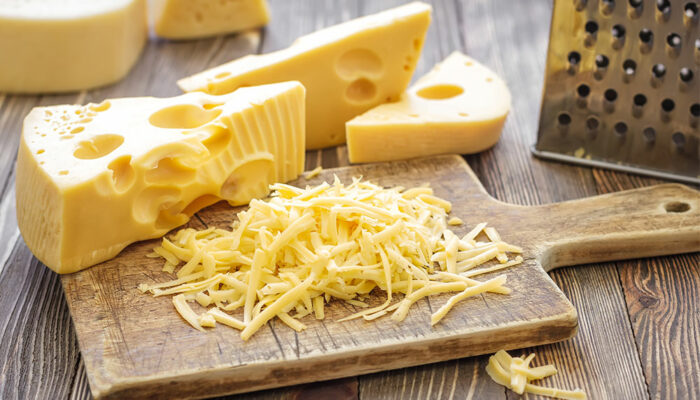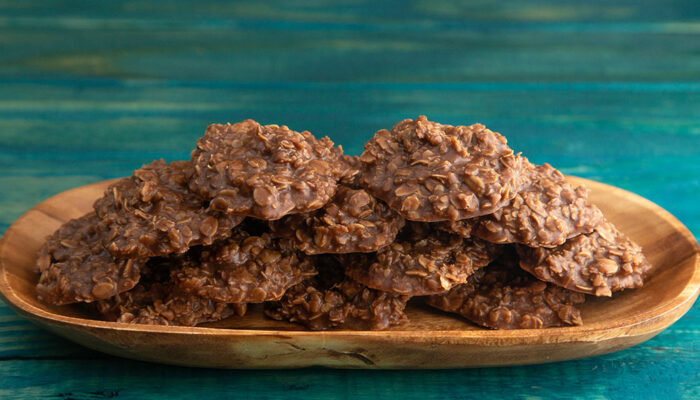
Foods that may cause breathing issues
If you suffer from breathing issues such as asthma, COPD, MAC disease, pulmonary hypertension (PAH), or even the flu or allergies then the last thing you need is to worsen your breathing issues. While many take prescribed medications, inquire about shot registration and information (like the Novavax booster shot to prevent further infection), or participate in clinical trials, medical trials or biologics for elimination diet eoe, most people don’t know that consuming specific foods can make your breathing issues worse.
Navigating health concerns such as nasal polyps, lung cancer, and asthma demands a comprehensive approach to treatment. For swollen nasal polyps, corticosteroids are often recommended to alleviate inflammation and promote relief. In the realm of lung cancer, particularly non-small cell lung cancer, treatments like nivolumab may be considered, showcasing advancements in immunotherapy. Sinonasal polyposis, characterized by the presence of nasal polyps, may benefit from a combination of surgical intervention and corticosteroid therapy. Addressing seasonal asthma involves a tailored approach to manage symptoms triggered by specific environmental factors. Additionally, for those dealing with alpha-1 antitrypsin COPD, personalized treatment plans and support are essential in mitigating the impact of this genetic condition on respiratory health. In navigating these health challenges, consulting with healthcare professionals remains paramount to determine the most effective and personalized treatment strategies.
If you want to better your breathing, you should avoid the following foods:
1. Dairy products
When you consume dairy products such as milk, as you break it down your body starts to produce casomorphin which increases phlegm and mucus production. Increased phlegm and mucus can cause an increase of coughing and wheezing and can make breathing issues much worse. In order to avoid dairy products you should consume alternatives such as soy, oat, or almond milk.
2. Salty foods
Salty foods contain a lot of sodium which can cause shortness of breath due to increased fluid retention. Increased fluid retention can cause difficulty breathing, chest pain, and coughing which can affect the body’s ability to supply oxygen from the lungs. If you want to eat less salt, you should season your food with healthy herbs and spices and avoid processed or preserved foods.
3. Carbonated beverages
Carbonated beverages contain carbon dioxide to make it carbonated which can cause gas and bloating, worsening breathing issues. In addition to that if you are drinking something such as soda, which is high in sugar, it can lead to increased weight gain which can exacerbate breathing issues. If you want to avoid carbonated drinks try drinking non-carbonated, low-in-sugar drinks such as tea or flavored water.
4. Fried foods
Fried foods such as fried chicken or french fries contain unhealthy fats that cause uncomfortable bloating which puts unnecessary pressure on the diaphragm worsening breathing issues. Over time, fried foods can cause weight gain and higher cholesterol levels which is not good for your breathing. You should avoid fried foods by eating foods that have been grilled or cooked in a healthy way and by avoiding fast food.
5. Processed meats
Processed meats contain nitrates to enhance shelf life and to add color to the meat. However, nitrates have been linked to an increase in symptoms in those with breathing issues such as asthma or COPD. Cured and processed meats and cold cuts should be avoided and only meat that has a “no nitrates added” label should be consumed to avoid worsening your breathing issues.



